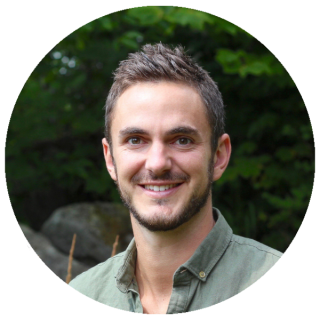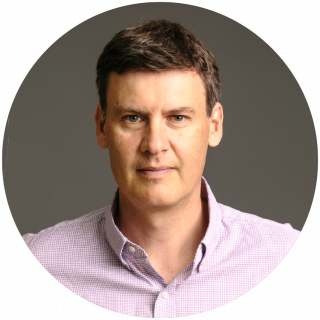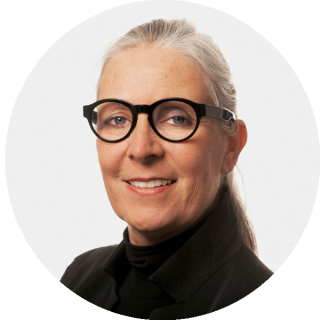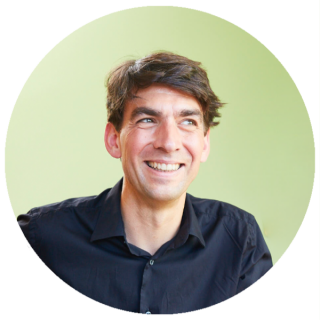Thomas Crowther
Professor for Ecosystem Ecology ETH Zurich & Founder of Crowther Lab
Nature based solutions in the fight against climate change
The conservation and restoration of natural ecosystems is among our most effective strategies we have to help in the fight against biodiversity loss and climate change. But managing ecosystems effectively requires an intricate knowledge of the organisms that regulate our climate. By using machine learning to pair satellite imagery with the biggest set of ground-sourced data, containing over 30 million tree and 400’000 soil data point, the Crowther Lab is able to generate a holistic understanding of Earth’s ecosystems. In this keynote we learn how technologies such as Artificial Intelligence can…
Nature based solutions in the fight against climate change
The conservation and restoration of natural ecosystems is among our most effective strategies we have to help in the fight against biodiversity loss and climate change. But managing ecosystems effectively requires an intricate knowledge of the organisms that regulate our climate. By using machine learning to pair satellite imagery with the biggest set of ground-sourced data, containing over 30 million tree and 400’000 soil data point, the Crowther Lab is able to generate a holistic understanding of Earth’s ecosystems. In this keynote we learn how technologies such as Artificial Intelligence can transform our ability to understand climate change, and identify effective strategies to address it. Thomas Crowther talks about the Earth’s restoration potential and how we can have a positive impact with new (digital) technologies on our carbon household.
About Thomas Crowther
Thomas Crowther is a British scientist specializing in ecosystem ecology and the chief scientific advisor to the UN's Trillion Tree Campaign. He is a tenure-track professor of Global Ecosystem Ecology at ETH Zurich where he formed the Crowther Lab. His work aims to generate a holistic understanding of the global scale ecological systems which regulate the Earth's climate.
After his PhD, Thomas received a postdoctoral fellowship from the Yale Climate and Energy Institute, to pursue his postgraduate research at Yale University. In 2015, Thomas was awarded a Marie Curie fellowship to research the impact of carbon cycle feedbacks on climate change at the Netherlands Institute of Ecology (NIOO).
In 2017, Thomas started a tenure track professorship at ETH Zürich. His ongoing research is supported through a unique partnership with DOB Ecology – a private foundation focused on supporting projects which protect and restore threatened ecosystems across the globe. A holistic global understanding of ecological systems is necessary for us to understand and address climate change and biodiversity loss.
Event language: ENG






















